The Role of Vitamin E in Skincare
Historical Use and Versatility
For over half a century, Vitamin E has been a cornerstone in skincare formulations, finding its way into a wide range of products such as creams, serums, and lotions. Its enduring popularity speaks volumes about its versatility and effectiveness. While new and trendy ingredients constantly enter the skincare scene, Vitamin E remains a trusted staple, celebrated for its multifunctional properties. Its long history in skincare underscores its reputation as a reliable ingredient for nourishing, healing, and protecting the skin.
What is Vitamin E?

Vitamin E is a fat-soluble nutrient that plays a crucial role in skin healing and cell regeneration. It’s naturally abundant in plant-based foods like sunflower seeds, nuts, spinach, and olive oil, making it accessible through diet as well as topical application. Interestingly, our skin naturally produces Vitamin E in the sebaceous glands as part of the oil (sebum) that helps maintain hydration and a healthy skin barrier.
In skincare products, Vitamin E typically appears as tocopherol or tocopheryl acetate. These forms are chosen for their stability and effectiveness in delivering Vitamin E’s benefits, such as enhanced skin hydration, improved elasticity, and protection against free radicals. Whether used alone or combined with other ingredients, Vitamin E continues to prove its value in promoting overall skin health.
Skin Benefits of Vitamin E
Vitamin E is a powerhouse ingredient offering a range of skin benefits, making it a staple in many skincare routines. Here’s why it deserves a spot in yours:
Antioxidant Properties
One of Vitamin E’s standout features is its ability to combat free radicals, which are unstable molecules caused by environmental stressors like pollution and UV exposure. By neutralizing these free radicals, Vitamin E helps reduce the risk of premature aging and protects the skin from sun damage. This makes it a valuable ally for maintaining a youthful and healthy complexion.
Hydration
Vitamin E excels at keeping the skin hydrated in two significant ways:
- As a humectant, it attracts moisture to the skin, boosting hydration levels.
- As an emollient, it seals that moisture in, preventing dryness and creating a soft, smooth texture.
This dual-action hydration is particularly beneficial for dry or sensitive skin types.
Anti-Aging
Thanks to its ability to enhance skin elasticity, Vitamin E plays a key role in minimizing fine lines and wrinkles. It plumps the skin, giving it a firmer, more youthful appearance over time. Its protective properties also help prevent further aging caused by environmental damage, making it a proactive addition to any anti-aging routine.
Cellular Support
Vitamin E promotes healthy cell turnover, which aids in repairing damaged skin and improving overall tone and texture. It’s especially effective in reducing the appearance of scars, discoloration, and damage caused by UV exposure. By supporting the skin at a cellular level, Vitamin E helps you achieve a smoother, more even complexion.
Whether you’re aiming to combat signs of aging, hydrate deeply, or protect against environmental damage, Vitamin E is a versatile and effective ingredient that can cater to your skin’s needs.
Use in Skincare
Vitamin E is a versatile ingredient that can benefit a wide range of skin types, but its application should be tailored to individual needs.
Suitable for Most Skin Types
Vitamin E’s nourishing and hydrating properties make it ideal for dry, normal, and mature skin. It replenishes moisture, soothes irritation, and supports skin repair. While it’s generally well-tolerated, those with oily or acne-prone skin should opt for non-comedogenic formulations to avoid clogging pores.
Sensitivity Testing is Key
Despite its widespread use, Vitamin E may cause mild irritation or allergic reactions in some individuals. Conducting a patch test before introducing it into your routine is essential. Apply a small amount to a discreet area and wait 24–48 hours to check for any adverse reactions.
How to Incorporate It
- Moisturizers and Serums: Look for Vitamin E-enriched products for daily use to maintain hydration and protect against environmental damage.
- Spot Treatments: Use concentrated Vitamin E oil for scar or dark spot treatment, but avoid applying too much as it can feel heavy.
- Combination Products: Vitamin E is often paired with Vitamin C or hyaluronic acid in serums for enhanced results.
Combination with Vitamin C
Vitamin E and Vitamin C are a dynamic duo in skincare, complementing each other to amplify their individual benefits. When used together, they form a powerful team to address various skin concerns:
Enhanced Efficacy
Vitamin E is oil-soluble, while Vitamin C is water-soluble, allowing them to work on different layers of the skin. This combination boosts the overall effectiveness of both ingredients, creating a more comprehensive approach to skin protection and repair.
Combatting Dark Spots and Uneven Tone
Vitamin C brightens the skin and reduces the appearance of dark spots by inhibiting melanin production. Vitamin E complements this by promoting cell regeneration, helping to fade discoloration faster and revealing a more even complexion.
Strengthened Skin Defenses
Both vitamins are potent antioxidants, but together, they provide stronger protection against free radicals and environmental stressors like pollution and UV damage. This synergy helps preserve the skin’s youthful appearance and prevents premature aging.
For the best results, look for products that combine Vitamin E and Vitamin C in a single formula or layer them in your skincare routine, with Vitamin C applied first to freshly cleansed skin, followed by Vitamin E. Their combined power makes them an essential pair for anyone seeking radiant, resilient skin.

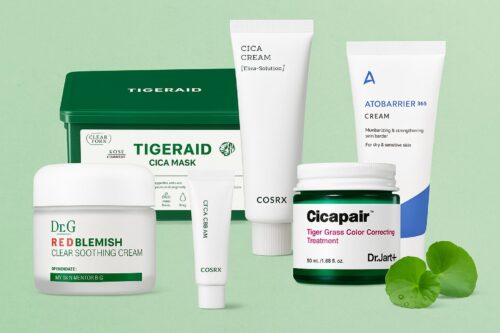
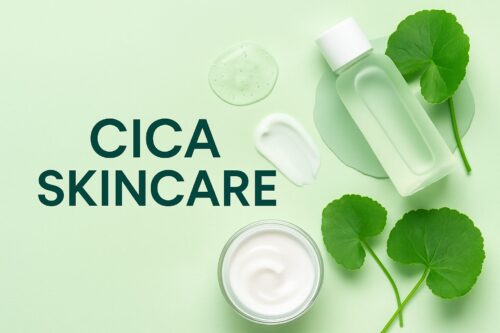



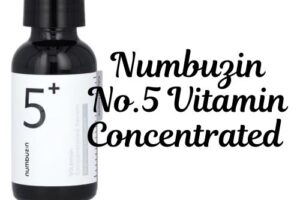
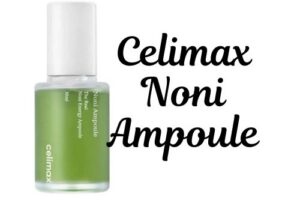
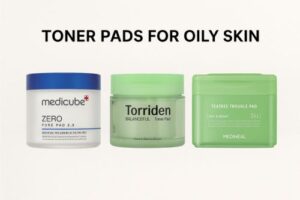
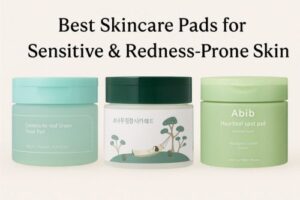
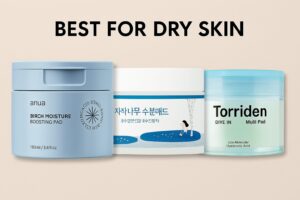
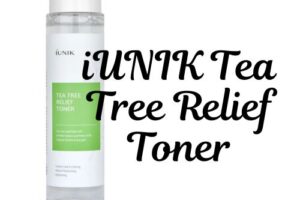
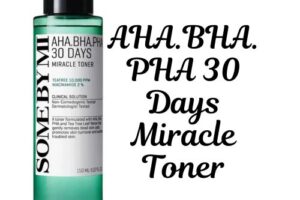

Post Comment